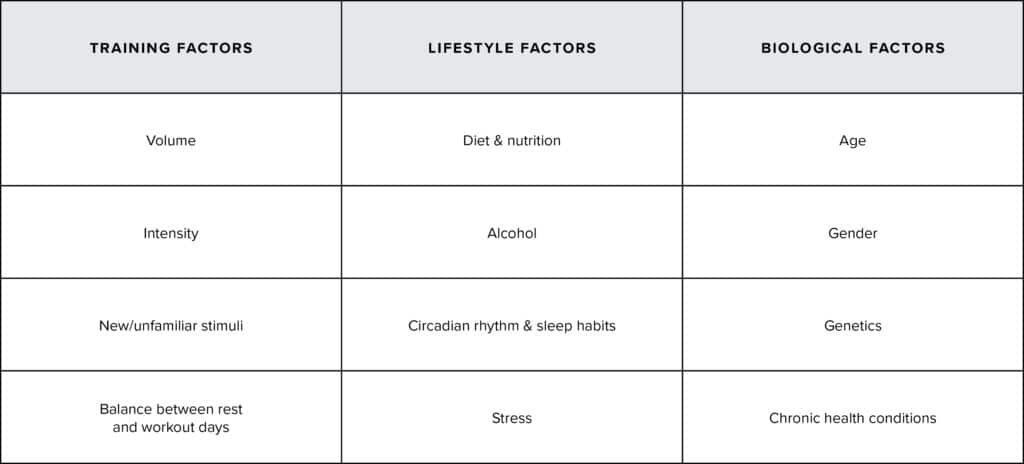Wearables - What's the best biometric for an athlete to track?
“What you can’t measure you can’t improve” Peter Drucker
For me, life is about progress, moving the needle and Getting More! (funny that, given the tag line on the home page!)
But how are we tracking more?
How is it measured?
As Peter states, without knowledge of the metrics we working towards how can we improve on them.
Fitness & Health, the relationship to end all relationships
By focusing on personal performance, a very broad term, perfectly suited in this application, I feel I focus on progress in whichever area I feel best suited at the time - be it in my daily working life, time management and productivity in a general sense or more prominently in health and therefore fitness.
I heavily link the two together. Not simply in a sense of I want to get healthy and fit but I work on a one must be tied to the other. So my fitness focus is always for healthy. And no longer simply and about fat loss. Optimising performance from a health perspective is commonly called Biohacking. Not a term a particularly like. But in essence, I’m looking to “hack” my biology and promote health to increase my daily performance. Having a direct impact on my fitness. I also train with fitness goals for metrics tracked in the speed of recovery( i.e. health) and so on.
Enter the world of wearables….
What is the biometric that is most important to athletes? Answer: HRV
When you have high heart rate variability, it means that your body is responsive to both sets of inputs, or parasympathetic and sympathetic. This is a sign that your nervous system is balanced, and that your body is adapting to its environment and performing at its optimum.
On the other hand, if you have low heart rate variability, one side is dominating (usually the sympathetic) and sending stronger signals to your heart than the other. There are times when this is a good thing--like if you’re rowing, for example, you want your body to focus on allocating resources to your legs (sympathetic) as opposed to digesting food a large meal (parasympathetic).
However, if you’re not doing something active, low HRV indicates your body is working hard for some other reason, maybe you're fatigued, stressed, dehydrated, overtrained or sick and need to recover.
Heart rate variability is an extremely sensitive metric, a wearable that measures is normally a good sign of the quality of the device.
It fluctuates throughout the day, from one day to the next, and from one person to another. People often wonder “What should my HRV be?”
Younger people tend to have higher HRV than older people, and men often have slightly higher HRV than women. Elite athletes usually have greater heart rate variability than then rest of us...
There are plenty of extremely fit and healthy people out there whose HRV is regularly in the 40s?!?
What constitutes a healthy heart rate variability differs for everyone.
When you begin using an HRV wearable or Biostrap, you may notice that your HRV varies greatly from day to day. This can be due to many factors and is perfectly normal. If your fellow athlete has a higher HRV than you do today, that is not an indication that they are fitter than you.
A more useable and accessible metric to use in HRV is to follow trends. An improving HRV over weeks or months is a positive sign.
Factors that Impact HRV…
Methods for how to increase HRV...
Intelligent Training. Don’t push too hard for too many days consecutively or with minimal rest.
Hydration. The better hydrated you are, the easier it is for your blood to circulate and deliver oxygen and nutrients to your body. Remember 2-4 Litres!
Avoid Alcohol. One night of drinking may negatively affect your HRV for up to five days after.
Steady Balanced Diet. Poor nutrition has adverse effects on HRV, as does eating at unexpected times.
Sleep. It’s not just the amount of sleep you get that matters, but also the quality and consistency of your sleep. Going to bed and waking up at similar times each day is beneficial.
Consistency. In general, trying to get your body on a consistent schedule (in particular with sleep and eating) is helpful. Your body does things more efficiently when it knows what’s coming.


